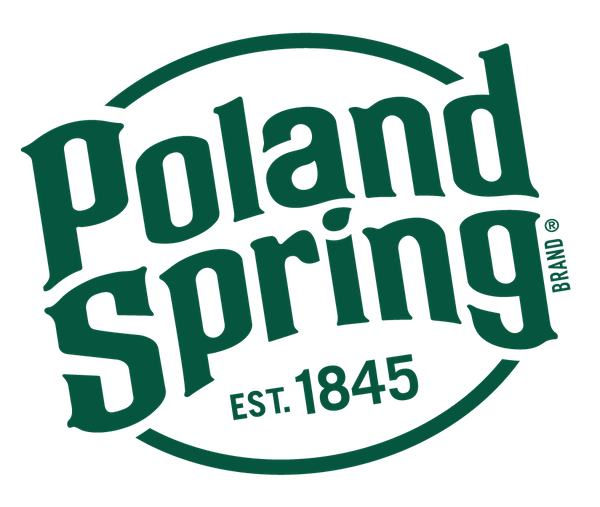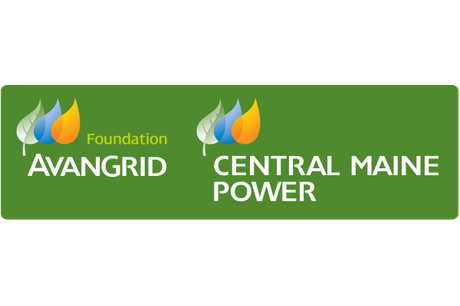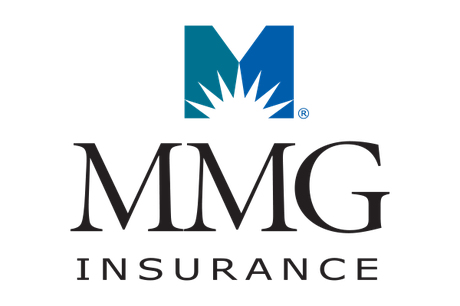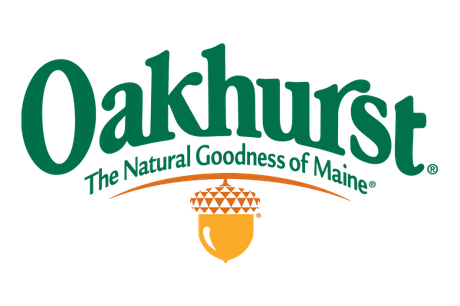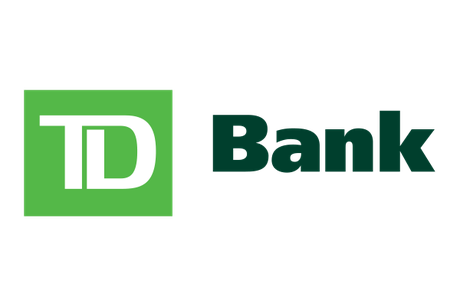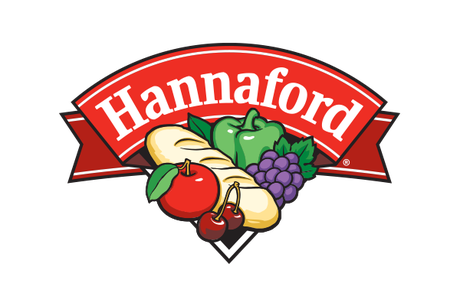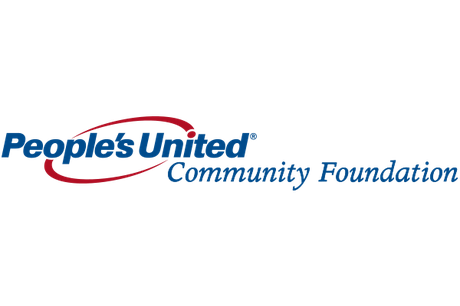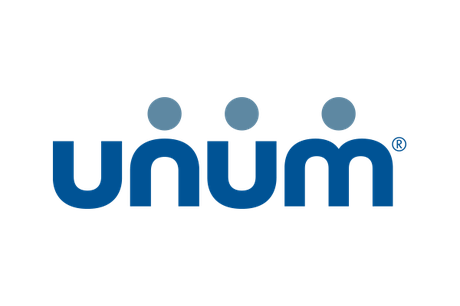2020–2021 Home Delivery Impact Report
Announcements | May 2, 2022
Despite the incredible challenges and hardships brought on by the pandemic during the 2020–2021 school year, we were amazed by the tenacity of Maine’s teachers, students, and parents to continue schooling in complex virtual or hybrid environments. We worked hard to deliver inspiring, energizing STEM (science, technology, engineering, mathematics) experiences via a suite of virtual lessons called Home Delivery to keep students engaged no matter where learning was taking place.
Home Delivery included a combination of authentic STEM experiences, including a virtual version of LabVenture as well as additional offerings that suited the mix of unique scenarios that schools were experiencing during the pandemic era.
In this impact report, we are delighted to reflect on a full year of remote learning through Home Delivery, with overviews of each offering and a glimpse at the feedback we received from students and teachers.
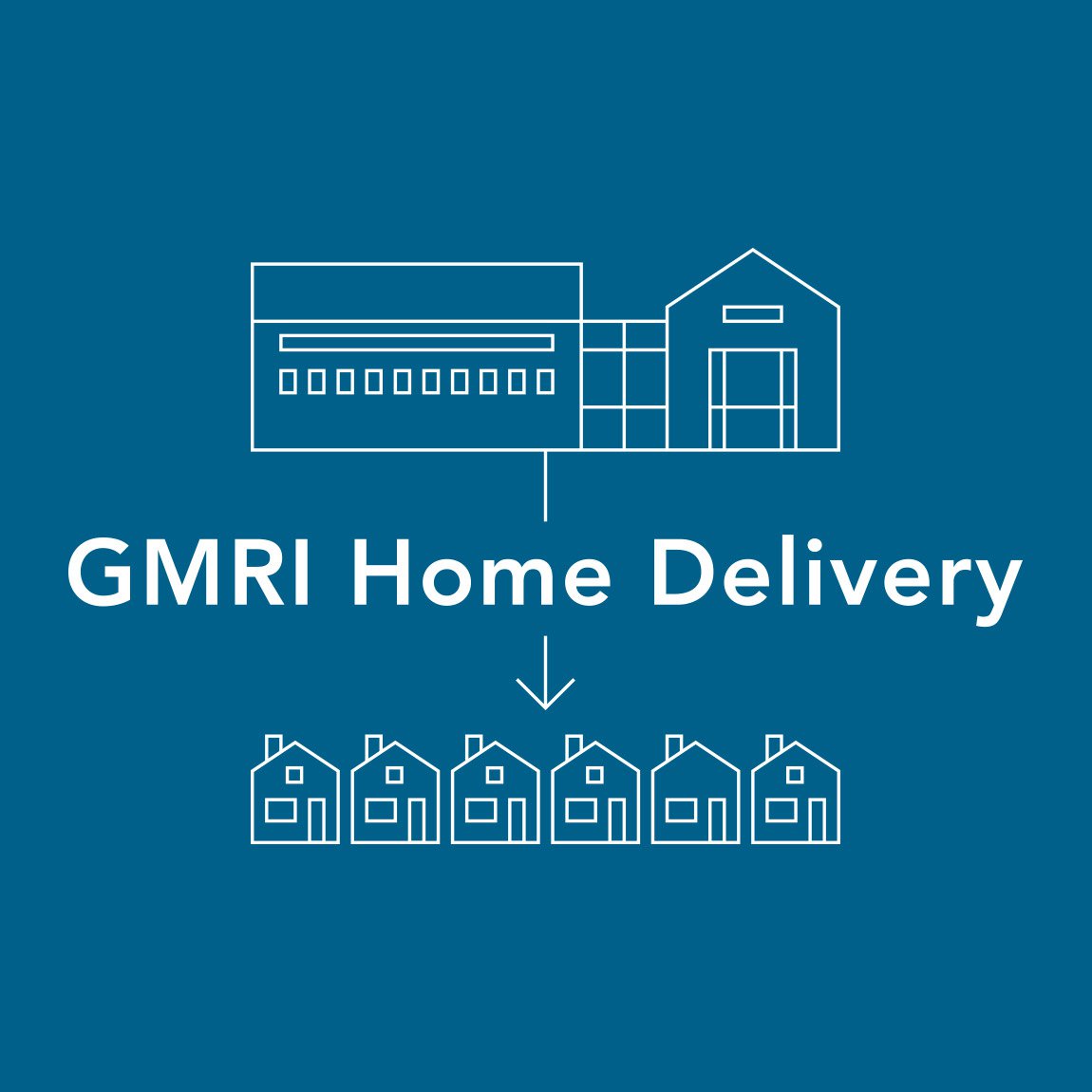
Home Delivery at a Glance
Our Home Delivery programming was far-reaching, and extended virtual learning to thousands of students throughout the state.
Students Reached
Almost 5,000 students participated in some form of our Home Delivery programming.
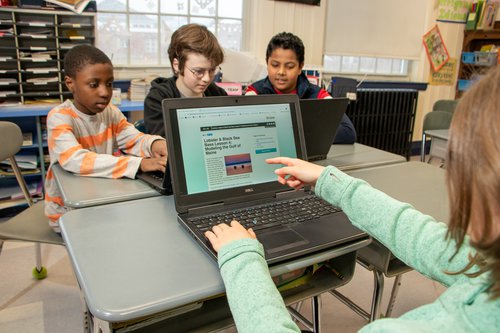
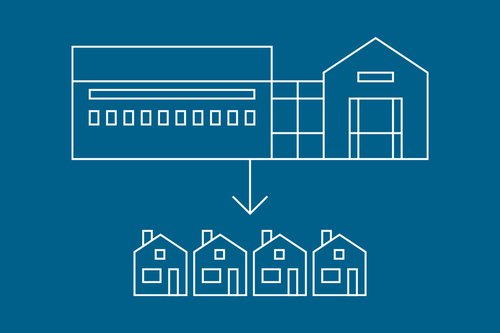
Schools Reached
Our virtual curriculum supported students and educators in 49 schools.
Furthest School Reached
Caribou Middle School in Aroostook County attended Home Delivery this year. In a normal school year, their trip to GMRI would take nearly 5 hours each way!
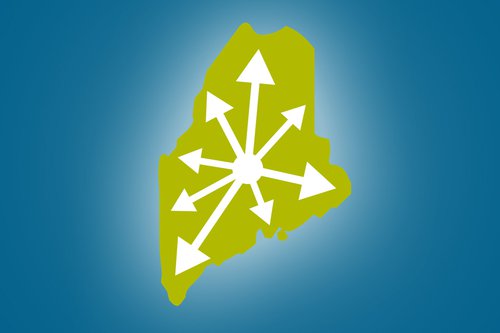
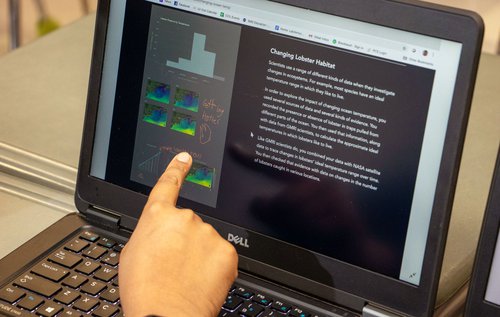
STRIVE Students
STRIVE, a South Portland-based nonprofit serving people with intellectual/developmental disabilities and mental health diagnoses, joined us for virtual lessons for the first time.
In addition to the numbers above, 100% of respondents to a GMRI-distributed survey said that Home Delivery supported student learning about climate and ecosystem change.
Home Delivery Participation, 2020–2021 School Year
View a service map and the full list of counties, towns, and schools served during the 2020–2021 school year.
LabVenture Express
LabVenture Express was a virtual learning experience adapted from our signature LabVenture program. GMRI LabVenture Educators led three to five days of sequential lessons, which maintained the intended learning outcomes of LabVenture in a virtual environment. Activities were adapted from the in-person experience through interactive online modules.
For instance, the software that powers the digital table tops in our Cohen Center for Interactive Learning was translated to an online platform that allowed students to collect, organize, and analyze data about the warming Gulf of Maine. Students observed LabVenture Educators demonstrate the proper handling and measurement of lobsters via live video feed. The lessons included a combination of short lectures, class discussions, and student interactions.
Micro Labs
While we were thrilled to offer the LabVenture experience virtually in a series of lessons over the course of a week, we understood that teachers and students were managing complex schedules that didn’t always allow them to commit to a full week of lessons. Our Educators designed Micro Labs, one-hour stand-alone lessons adapted from LabVenture that focused on one of two critical Gulf of Maine creatures: lobsters or plankton.
The lobster lesson focused on Maine’s iconic crustacean and gave students the opportunity to explore lobster biology, lobster fishing, and how changing ocean temperatures are affecting lobster populations. The plankton lesson was designed as either an educator-led session or a student-led asynchronous experience.

Students participating in the plankton Micro Lab learned how scientists use samples and satellites to study these important species (which form the base of the Gulf of Maine food web and are an important indicator of the health of aquatic ecosystems) and gathered their own data from a samples collected right outside the GMRI doors.
These bite-sized versions of LabVenture allowed stressed teachers to fit authentic science lessons within their schedules without requiring as much of a time commitment as the full LabVenture Express option. By providing teachers with a complete and comprehensive curriculum, GMRI educators created space for teachers to address the many other challenges on their plate, or to simply take some time to breathe.
Ecosystem Observer
In a year when many felt isolated at home or indoors, Ecosystem Observer was designed to get students outside exploring the natural environments in their own backyards and schoolyards. They practiced making high-quality scientific observations in the outdoors, deepened their background knowledge on specific topics like seasonal ecosystem changes or squirrel behavior, and used their unique observations to draw connections or come up with new questions and hypotheses. Several students even submitted their work for publication in our middle school peer-reviewed journal of ecological investigations, Findings from the Field.
Invasive Plants Ecosystem Investigation
In partnership with the Maine Natural Areas Program’s iMapInvasives platform, we engaged students as community scientists building interest in a research question and a field site, whether participating from school grounds or from home. Through a five-day community science exploration, students built the knowledge and skills needed to explore plant species in their area and contributed data to iMapInvasives. Students who participated in this project not only practiced hands-on science inquiry skills, they also contributed to a collective understanding of invasive species across Maine to inform research, conservation, and land management practices.
Scientist To Go

Scientist To Go is an hour-long offering that welcomes a diverse group of scientists from GMRI, University of Maine, and University of Massachusetts Amherst to join students via video conference to present a kid-friendly summary of their research and to share their stories of what inspired them to become scientists. We aim to showcase different education and career levels, racial and ethnic backgrounds, genders, and areas of interest. Some occurrences of Scientist To Go have had hundreds of students tune in to hear from and engage directly with scientists! Participating students felt a sense of connection with the scientist presenters and learned that not all researchers look the same — in fact, they come from a wide range of backgrounds much like the students themselves.
Understanding the Impacts of Virtual Learning on Maine’s Students and Teachers
Due to the intense nature of the 2020–2021 school year and incredible burdens already placed upon teachers, students, and their families, we opted to suspend our usual intensive data gathering exercise to evaluate a year’s worth of learning outcomes from LabVenture. We felt that the addition of long and detailed surveys on top of the already overwhelming demands that schools faced was too much to ask of our partners this year. However, we distributed a shorter survey to a select group of teachers to gather a snapshot of how they and their students were impacted by participation in Home Delivery.
Thirty-six respondents shared the following insights:
- All 36 respondents agreed or strongly agreed with the statement that Home Delivery supported student learning about climate and ecosystem change.
- 31 out of 36 respondents agreed or strongly agreed with the statement that Home Delivery increased their ability to support students to analyze data and build data fluency.
- Several respondents commented that seeing scientists, including female scientists, at work through Scientist To Go was a valuable and inspiring element of the offerings.
- Many commented that they hope to see elements of Home Delivery continue post-pandemic, especially Scientist To Go (either in a live stream or recorded format), virtual lessons for older students who are not eligible for LabVenture (currently geared toward 5th and 6th graders), and virtual lessons that can follow an in-person LabVenture visit.
Positive Feedback
We also received countless emails from teachers who shared positive, heartwarming, and sometimes emotional feedback from their perspectives and those of their students:
“I do think it’s very important for students in Maine to have a visit with GMRI, so they can actually see what’s going on and understand how increased temperatures are impacting the Gulf of Maine, and their role in this process. Thank you so much for such an amazing experience for all of us.” — Isamond, student
“When I first saw the video I thought it was kind of gross (when we watched videos of dead fish). But then I started to realize what our mother earth has come to: overheating, coronavirus, these effects make me wonder if the world will overcome and survive. But surely it will regrow and become at peace once again. But we all thank you for showing us how fast our oceans are changing.” — Capri, student
"Thank you so much for taking time out of your day to teach us. It was really fun and has taught me some important things. The Zoom presentation you both did was very fascinating and sparked my interest in learning more about marine life and makes me want to know more about climate change.” — Caitlyn, student
"Thank you for all you did for us in helping us learn about climate change and how that affects the Gulf of Maine and the new species that are moving into the new environment. You made me curious and want to learn more about the world around us and what that is doing to the Gulf of Maine.” — Mia, student
“GMRI gives a second chance for kids that don't have money for GMRI to see what is going on in our Gulf. A special thanks for everything you scientists at GMRI have done to make sure that students get to be a part of GMRI community.” — Isabella, student
“I really appreciate all of your work to adapt the program to a virtual model this year, and to make it work for my hybrid schedule as well as my fully remote learners. My students said, ‘I didn’t think we were going to get to go on a field trip this year!’ and really felt that this was an exciting adventure even though we didn’t leave our classroom.…Our public schools are tremendously lucky that there are organizations like yours that are going above and beyond to continue your amazing programming during this challenging year.” — Ms. Plummer, teacher
"Thank you for all of your hard work and great teaching with our group. I know that students really enjoyed learning about what is happening with the changing water temperatures, especially since it is happening (literally in some cases) in their backyards. I am really impressed at how you took an in-person field trip and so quickly adapted it to make it a remote experience. You should feel very proud of the presentation that you have created and the experience that you are giving to students in Maine.” — Ms. Arbour, teacher
“Our technology allows us to join sophisticated and collaborative lessons like this one, which makes for an enriching experience for students in the time of COVID. Many thanks to the Gulf of Maine Research Institute for providing an innovative partnership to keep us all engaged in learning this year!” — Mr. Crafts, teacher
Looking to the Future
A full year of virtual learning resulted in some of the greatest challenges ever faced by our staff and the students, teachers, and families we serve — and it led to major accomplishments, too. We are deeply grateful to all who supported us throughout the school year as we stayed focused on STEM learning outcomes while balancing the need for flexibility and wellness. At the time of this publication we are welcoming students safely back into our lab and remain committed to carrying forward the lessons learned during an unforgettable, emotional, and inspirational year of virtual learning.
Statewide Support
Poland Spring is a statewide partner in delivering LabVenture through their Good Neighbor grant program. Poland Spring supports GMRI to help foster the next generation of water stewards.
- Alfred M. Senter Fund
- Bank of America Charitable Foundation
- Bath Iron Works
- Charles C. Butt
- Harry W. Konkel
- Hyman Family Foundation
- Kennebunk Savings Bank
- Old Bug Light Foundation
- Phineas W. Sprague Memorial Foundation
- Harold Dudley Fund of the Maine Community Foundation
- Seth Sprague Educational and Charitable Foundation
- Edwin S. Webster Foundation
- Norway Savings Bank
- CIANBRO
- Cyr Bus Lines
- Renys
- The Robert & Dorothy Goldberg Charitable Foundation
- Abbott Diagnostics Scarborough
- Bath Savings Institution
- Clark Insurance
- Katahdin Trust Company
- Portland Pipe Line
- RBC Wealth Management
- Robert G. & Jane V. Engel Foundation, Inc.
- Saco & Biddeford Savings Institution
- Skowhegan Savings Bank
- Annual giving $10K+ or lifetime giving $35K+
- Annual giving $5K+
- Annual giving < $5K
